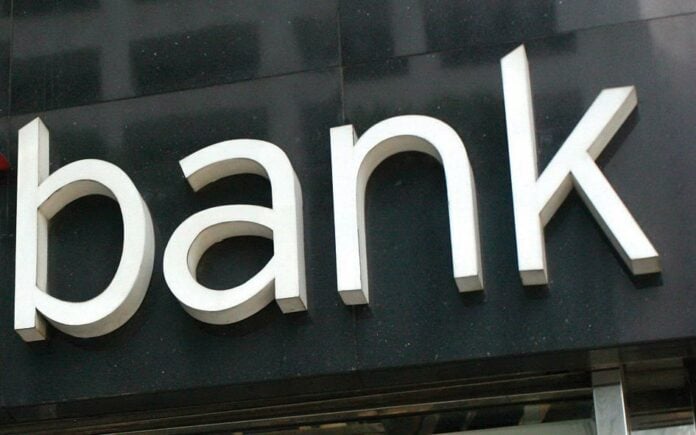By A. Doga
Greece’s domestic banking sector remained in “standby mode” in the wake of the result of last Thursday’s referendum in Britain, where a majority of voters opted for withdrawal from the EU.
The result could not have come at a worst time for the local banking system, as the upcoming period was expected to cautiously witness a normalization of the sector and even a modest growth.
A loosening of capital controls, imposed since late June 2015, along with expectations for a more bullish run on the Athens Stock Exchange were on the forefront. On the wider economic front, the successful conclusion of a first review of the Greek program (third bailout), despite six months of delays, a restored waiver by the ECB for Greeks banks’ use of state bonds as collateral and planning to finally manage and allow the resale of non-performing loans in the country were all viewed as positive — and upcoming — developments.
Nevertheless, the “specter” of Brexit has dramatically chilled economic confidence on both the national and European level.
Greek banking executives told “N” that assessments over the short-term period are now futile, with only uncertainty expected to return as a “constant” for the recession-battered Greek economy.
Indicative of the attention focused on the British referendum and its results is the fact that Moody’s did not issue a latest update on Greece’s credit rating last Friday.














